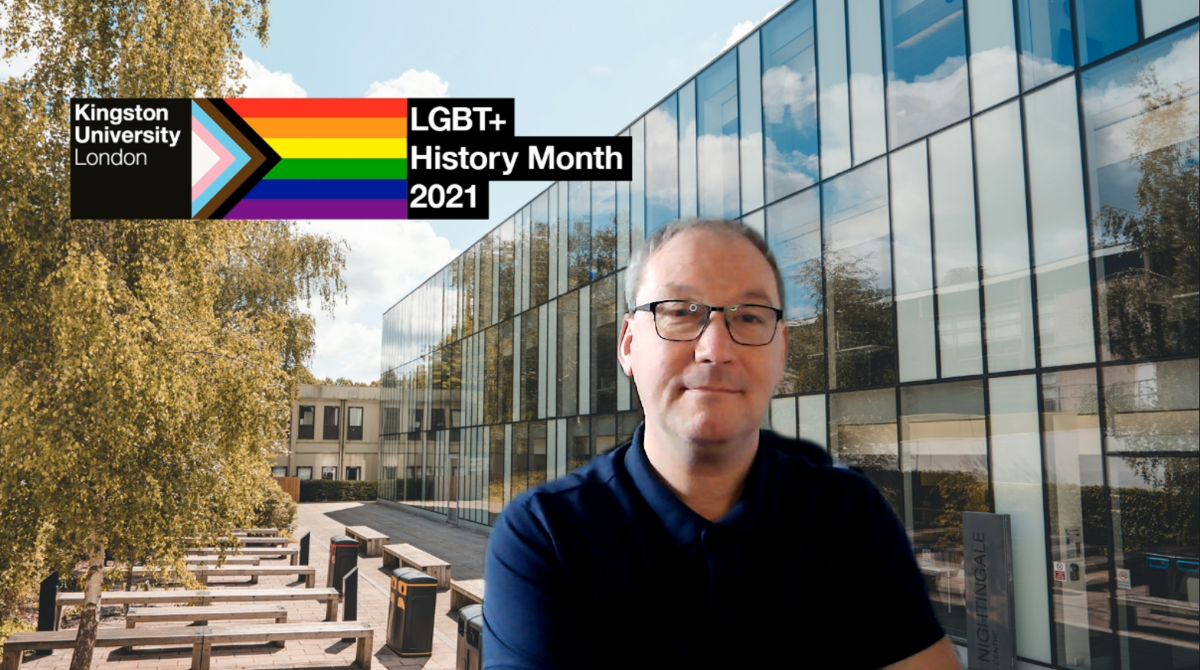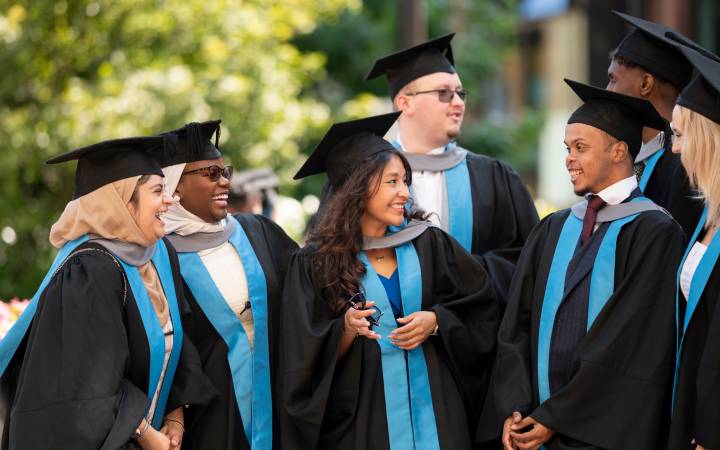LGBT+ History Month: People with learning disabilities still face barriers to expressing sexuality identity
Posted Monday 15 February 2021

As part of LGBT+ History Month, Dr Mark Brown, senior lecturer in learning disability nursing at Kingston University, explains why people with learning disabilities still face barriers to expressing their sexuality identity and what should be done about it.
Every person has a right to their own sexual identity and to expressing themselves accordingly. However, society makes little consideration beyond heterosexuality and being cisgender when it comes to people with learning disabilities.
This perspective is often based upon ignorance and fear about people with learning disabilities demonstrating any form of sexual expression.
Historically, individuals with learning disabilities were sectioned off from wider society within institutions so that they could not interact with others and ‘pollute' the gene pool.
As a result, this group faced various barriers to expressing their sexuality, such as shared accommodation with no opportunity for privacy, any form of same sex relationships and behaviour being regarded as abnormal, and an increased risk of sexual abuse due to the lack of support and education for all involved.
Fortunately, these views have changed and the larger institutions have closed. However, even with such barriers being gradually removed, many individuals with a learning disability still have a limited opportunity to express and explore their sexual identity. At the same time, there is also a lack of appropriate support and guidance.
Society finds discussion concerning sex and sexuality difficult enough without consideration of people with learning disabilities. Such aversion to relevant discussion results in a downplaying of the issues and the need to consider the sexuality of people with learning disabilities.
We are still in a situation where some people perceive individuals with learning disabilities as from the world of Peter Pan – individuals who never develop into adults wanting to explore their sexuality. This situation leads to a lack of discussion.
Where discussion does occur, people with learning disabilities can still be confronted by barriers. Often these relate to the support, or rather lack of appropriate support, that individuals with learning disabilities receive regarding their sexual development. There is also ignorance and embarrassment about such topics or staff fear potential consequences that could occur from providing such support to these individuals.
In stark contrast, there are those who feel that individuals with learning disabilities should be able to access the sexual world but without providing any effective support and guidance, thus placing the individual with learning disabilities in a potentially vulnerable position.
There needs to be a well-balanced amount of information and guidance so that individuals with learning disabilities are able to travel their own sexual pathway safely. They need to have the opportunity to develop relationships that go beyond the four walls of their homes.
The institutions may have closed, but people with learning disabilities can still be limited by what the available services can or feel safe to facilitate. In a society where many are only just starting to accept that people with learning disabilities have a sexual identity and can develop heterosexual relationships, there is still a journey to be made concerning such individuals being part of the LGBTQ+ community.
We need to empower and enable people with learning disabilities to build healthy and loving relationships, regardless of gender or sexual orientation, so that they can have their own individual sexual identities.
- Find out more about how Kingston University is marking LGBT+ History Month.
